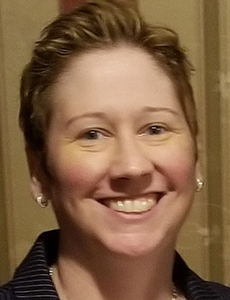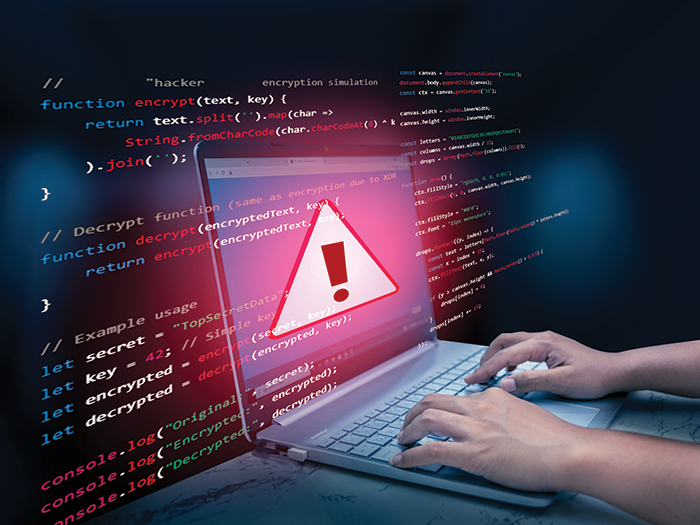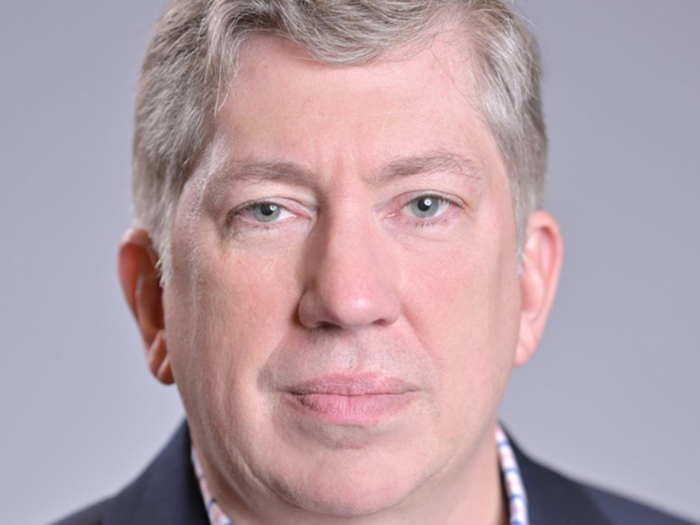How This Case Manager Is Using Her Skills to Help Health Care Workers Cope with Burnout

In a hospital slammed with COVID-19 patients, doctors and nurses see death and severe illness every day. They may work long shifts with patients who struggle to breath without ventilators. Some will luckily survive, but some will unfortunately pass away, making death an everyday reality for the medical workers fighting the pandemic.
“Our health care workers can feel very powerless,” said Natasha Charleston, CRC, LCPC, CISM, crisis response program coordinator and vocational field case manager, at Coventry, which was acquired by Mitchell Genex in 2020.
“They definitely deal with seeing a lot of things that are gruesome and things that we don’t see day to day.”
These stressors are having a negative effect on the mental health of America’s health care workers. Ninety-three percent of health care workers report feeling stress, 86% reported feeling anxiety and 76% reported exhaustion and burnout, according to a survey of 1,119 healthcare workers conducted from June-September of 2020 by Mental Health America.
In order to help health care workers who are struggling with burnout and other mental health challenges during this time, Charleston has been using her case manager and crisis response skills as a volunteer with the Northern Illinois Critical Incident Team.
COVID-19 Burdens Already Burnt Out Health Care Workers

Natasha Charleston, CRC, LCPC, CISM, crisis response program coordinator and vocational field case manager, Coventry
Long hours, high death tolls and the risk that health care workers may catch the virus themselves have allowed the COVID-19 pandemic to create the perfect conditions for burnout, which is often caused by high stress work environments.
“They’re simply running out of energy from being overworked and over stimulated mentally, physically and emotionally,” Charleston said.
The virus comes at a time when health care workers are already struggling from burnout due to long hours and heavy caseloads that the career path demands.
Seventy-eight percent of physicians reported feeling professional burnout at least sometimes, per a 2018 survey conducted by Merritt Hawkins on behalf of the Physicians Foundation and roughly 400 doctors commit suicide each year in the U.S.
Mix already stressful hospital jobs with a global pandemic, and you have an environment where doctors and nurses can’t get the mental health support they need because resources like Employee Assistance programs are being overrun.
“Employee assistance programmes are incredible and they do really, really good work,” Charleston said.
“What happens, though, is that with everything going on in a pandemic, they’re just overwhelmed. So many employees need the support and they can’t provide care to every one of their employees because of the sheer numbers.”
Helping Our Health Care Heroes Heal
Charleston’s job as a crisis response program coordinator has left her well equipped to help health care workers who are struggling with their mental health due to the pandemic. In her role, she has helped counsel workers who have been through traumatic incidents.
“I have worked with employees who have experienced critical incidents at their work site, which can include anything from witnessing a workplace fatality or a gruesome construction accident to an armed robbery,” she said.
These gruesome accidents are not unlike what health care workers have seen on the frontlines of the COVID-19 pandemic. Doctors and nurses have had to place people on ventilators to help them breathe and even as they try to save as many lives as possible they still may witness dozens of deaths daily.
“With our health care workers these incidents keep going. They’re nonstop. The deaths are building up, and the emotional strain continues,” Charleston said.
One of the ways Charleston has been able to assist first responders and health care workers is through the group counseling sessions she leads as a volunteer for the Northern Illinois Critical Incident Team and through visiting local hospitals to provide support for the ICU nurses who have been struggling with stress brought on by the pandemic.
In her sessions, Charleston leads first responders through stress debriefing, which allows them to share and process some of the traumas they have seen. Charleston said that many times people in her counseling sessions tell her things they’re afraid to disclose to their own families.
“They will say to me, ‘I can’t share that with my wife; I can’t share that with my husband; I don’t want my best friend to know what I’ve seen,” she said.
“It’s so important to help to mitigate some of the damage that’s being done to our health care workers, I would say to our heroes.” &








